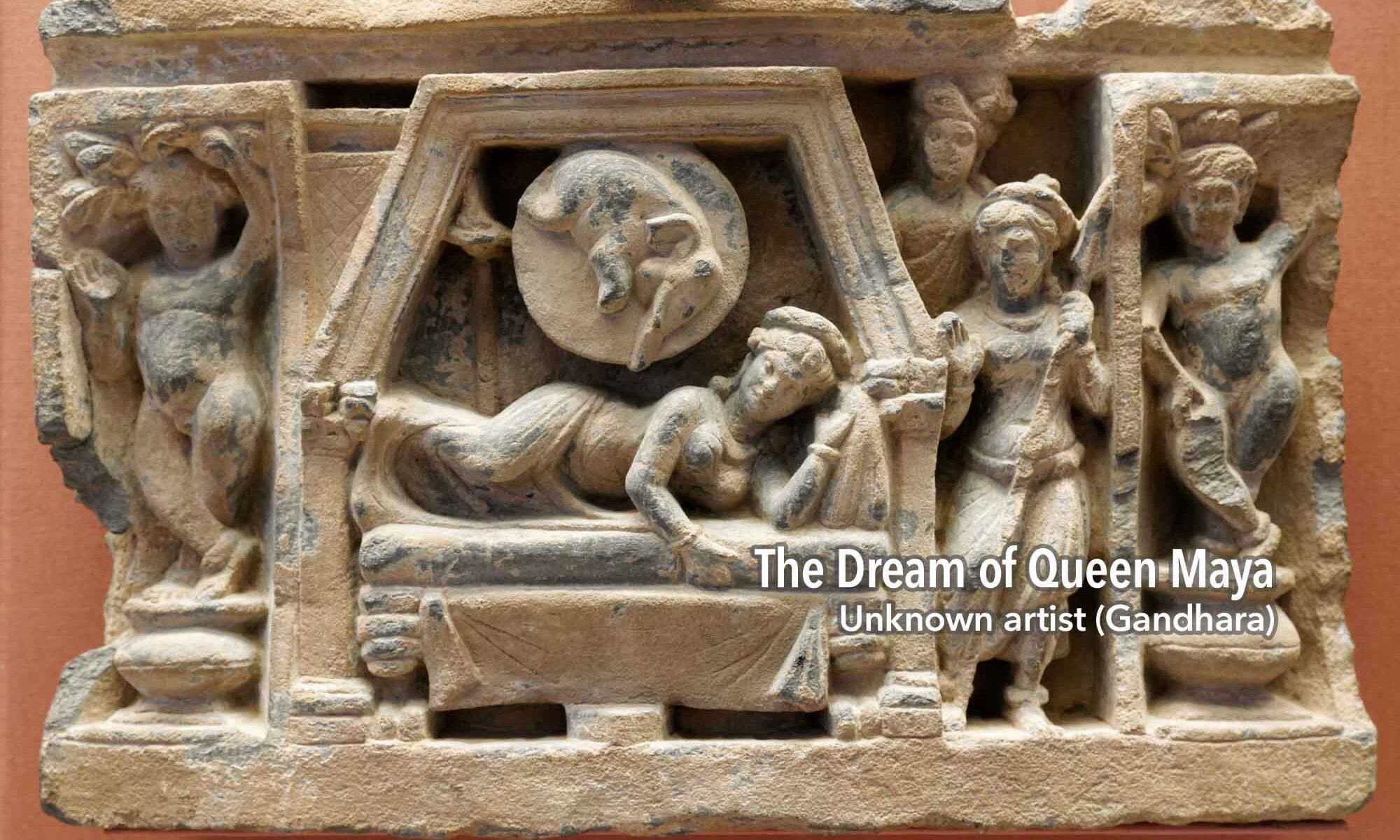 To help test the initial hypotheses arising from the SDDb baselines, I am offering a dream research contest, open to anyone willing to give it a try. The first person to send me (at bulkeleyk@gmail.com) the correct answers will win a $50 gift certificate to Amazon.com.
To help test the initial hypotheses arising from the SDDb baselines, I am offering a dream research contest, open to anyone willing to give it a try. The first person to send me (at bulkeleyk@gmail.com) the correct answers will win a $50 gift certificate to Amazon.com.
The contest challenges you to look at the word usage frequencies of six sets of dreams (available here) and make the following three predictions for each set: a) Is the dreamer a male or female? b) Is the dreamer younger or older than 18? c) Is this a set of most recent dreams (MRDs) or highly memorable dreams (MemDs)? You will not be able to read any of the dreams–you only get to look at the numerical frequencies of how often they used certain types of words.
I’m going to make it easier by giving three big clues. These clues are so big, in fact, that they will give you a clear map to reach the correct answers.
Clue #1: The six sets of dreams come from four individual dreamers, let’s call them A, B, C, and D. Two individuals gave two sets of dreams each. The other two individuals gave one set of dreams each. This means the contest has a bonus question: Which sets of dreams come from which individual?
Clue #2: As discussed in previous posts, the SDDb baselines have identified a number of significant differences between male and female dreamers and between MRDs and MemDs. These differences can serve as analytic tools of comparison for making the kinds of predictions I’m asking you to propose. Below are several specific tests you can use to identify the dreamer’s gender (male or female) and age (older or younger than 18) and the type of dreams contained in the set (MRDs or MemDs). (Note: The age tests are not drawn directly from the SDDb but from other sources of research on children’s dreams (e.g., David Foulkes, Calvin Hall).)
Clue #3: There are two cases out of the 18 total predictions (3 questions x 6 sets of dreams) in which the overall conclusion of the tests gives the wrong answer. In other words, the tests will lead you to the right answer about 89% of the time. To get 100% of the answers right, you’ll have to add some kind of insight above and beyond the tests.
Good luck! And please “show your work”–explain to me how you derived your predictions.
Tests for Gender:
If Emotion is higher than the Female MRD baselines –> Female
If Emotion is lower than the Male MRD baselines –> Male
If Fear is higher than the Female MRD baselines –> Female
If Fear is lower than the Male MRD baselines –> Male
If Speech is higher than the Female MRD baselines –> Female
If Speech is Lower than the Male MRD baselines –> Male
If Characters is higher than the Female MRD baselines –> Female
If Characters is lower than the Male MRD baselines –> Male
If Family is higher than the Female MRD baselines –> Female
If Family is lower than the Male MRD baselines –> Male
If Friendliness is higher than the Female MRD baselines –> Female
If Friendliness is lower than the Male MRD baselines –> Male
If Physical Aggression is lower than the Female MRD baselines –> Female
If Physical Aggression is higher than the Male MRD baselines –> Male
If Sexuality is lower than the Female MRD baselines –> Female
If Sexuality is higher than the Male MRD baselines –> Male
Tests for Age:
If Cognition is higher than the MRD baselines –> Older than 18
If Animals is higher than the MRD baselines –> Younger than 18
If Family is higher than the MRD baselines –> Younger than 18
Tests for MRD vs. MemD
If Air is higher than the MemD baselines –> MemD
If Air is lower than the MRD baselines –> MRD
If Flying is higher than the MemD baselines –> MemD
If Flying is lower than the MRD baselines –> MRD
If Family is higher than the MemD baselines –> MemD
If Family is lower than the MRD baselines –> MRD
If Animals is higher than the MemD baselines –> MemD
If Animals is lower than the MRD baselines –> MRD
If Fantastic Beings is higher than the MemD baselines –> MemD
If Fantastic Beings is lower than the MRD baselines –> MRD
If Christianity is higher than the MemD baselines –> MemD
If Christianity is lower than the MRD baselines –> MRD
If Death is higher than the MemD baselines –> MemD
If Death is lower than the MRD baselines –> MRD

Challenge accepted! Let me see if I can find some more contestants before I start, to up the ante…